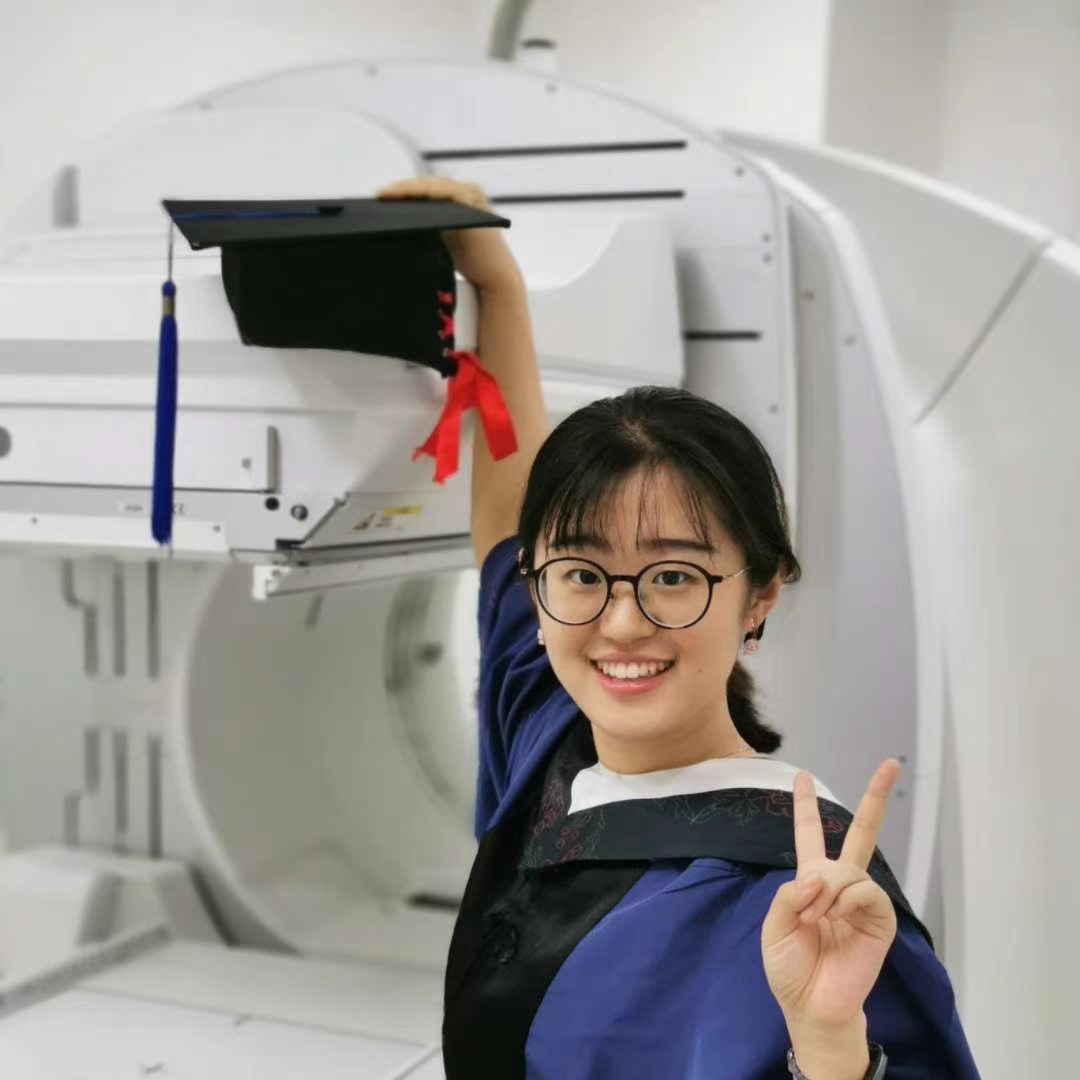Dr. Barbara Geist

Research interests:
- Quantification of dynamic data, Kinetic Modeling
- Organ connectomes, Network Analyses
- Stress determination and effect in PET imaging
- Quantification of metabolic changes in PET imaging
Contact:
- Mail: barbara.geist@meduniwien.ac.at
- Phone: +43 1 40400 72350
Clemens Spielvogel, PhD

Research interests:
- Clinical and biomedical applications of artificial intelligence and computational imaging
- Opportunistic risk markers
- Computational cardiovascular imaging
- Cardiac amyloidosis
Links:
Contact:
- Mail: clemens.spielvogel@meduniwien.ac.at
- Phone: +43 1 40400 72350
Michael Beyerlein
- Study program: Clinical medicine (Dr. med)
- Research topic: Stress biomarkers in breast cancer
Christopher Eseroglou, MSc
- Study program: Master Computational Science
- Research topic: Computational methods for the quantification of artherosclerosis and arterial inflammation in patients undergoing FDG PET/CT
Markus Köfler, BSc
- Study program: Master Data Science
- Research topics: Machine learning and segmentation in cardiac amyloidosis characterization
Iustin Tibu
- Study program: Clinical medicine (Dr. med)
- Research topic: Stress biomarkers in lung cancer
Publications (selection)
1. Spielvogel, C. P. et al. Diagnosis and prognosis of abnormal cardiac scintigraphy uptake suggestive of cardiac amyloidosis using artificial intelligence: a retrospective, international, multicentre, cross-tracer development and validation study. Lancet Digit Health 6, e251–e260 (2024).
2. Haberl, D. et al. Multicenter PET image harmonization using generative adversarial networks. Eur. J. Nucl. Med. Mol. Imaging 51, 2532–2546 (2024).
3. Ning, J. et al. A novel assessment of whole-mount Gleason grading in prostate cancer to identify candidates for radical prostatectomy: a machine learning-based multiomics study. Theranostics 14, 4570–4581 (2024).
4. Geist, B. K. et al. In vivo assessment of safety, biodistribution, and radiation dosimetry of the [18F]Me4FDG PET-radiotracer in adults. EJNMMI Res. 14, 46 (2024).
5. Spielvogel, C. P. et al. Radiogenomic markers enable risk stratification and inference of mutational pathway states in head and neck cancer. Eur. J. Nucl. Med. Mol. Imaging 50, 546–558 (2023).
6. Geist, B. K. et al. A methodological investigation of healthy tissue, hepatocellular carcinoma, and other lesions with dynamic 68Ga-FAPI-04 PET/CT imaging. EJNMMI Phys. 8, 8 (2021).
7. Papp, L. et al. Supervised machine learning enables non-invasive lesion characterization in primary prostate cancer with [68Ga]Ga-PSMA-11 PET/MRI. Eur. J. Nucl. Med. Mol. Imaging 48, 1795–1805 (2021).
8. Geist, B. K. et al. Comparison of different kinetic models for dynamic 18F-FDG PET/CT imaging of hepatocellular carcinoma with various, also dual-blood input function. Phys. Med. Biol. 65, 045001 (2020).





